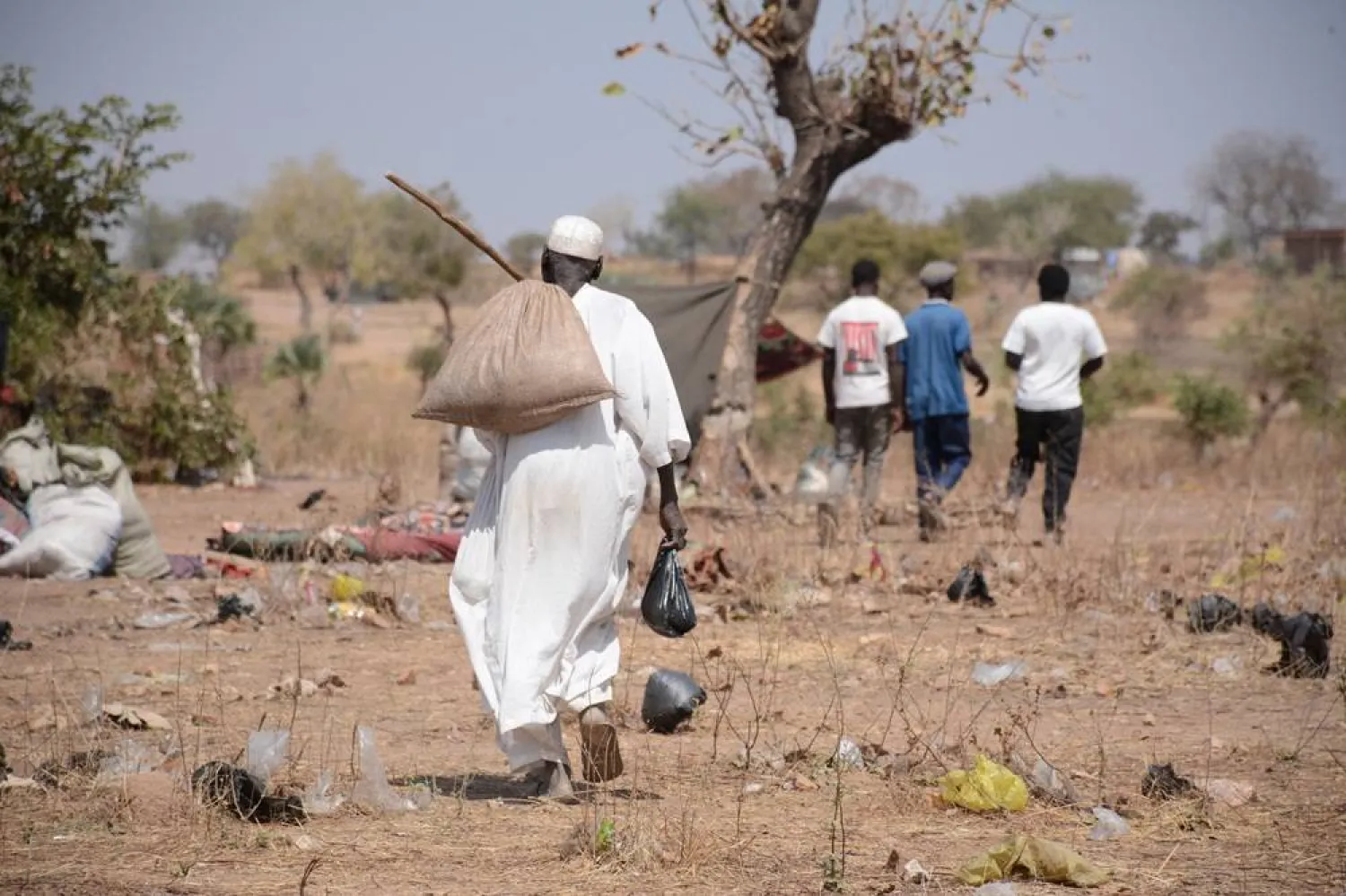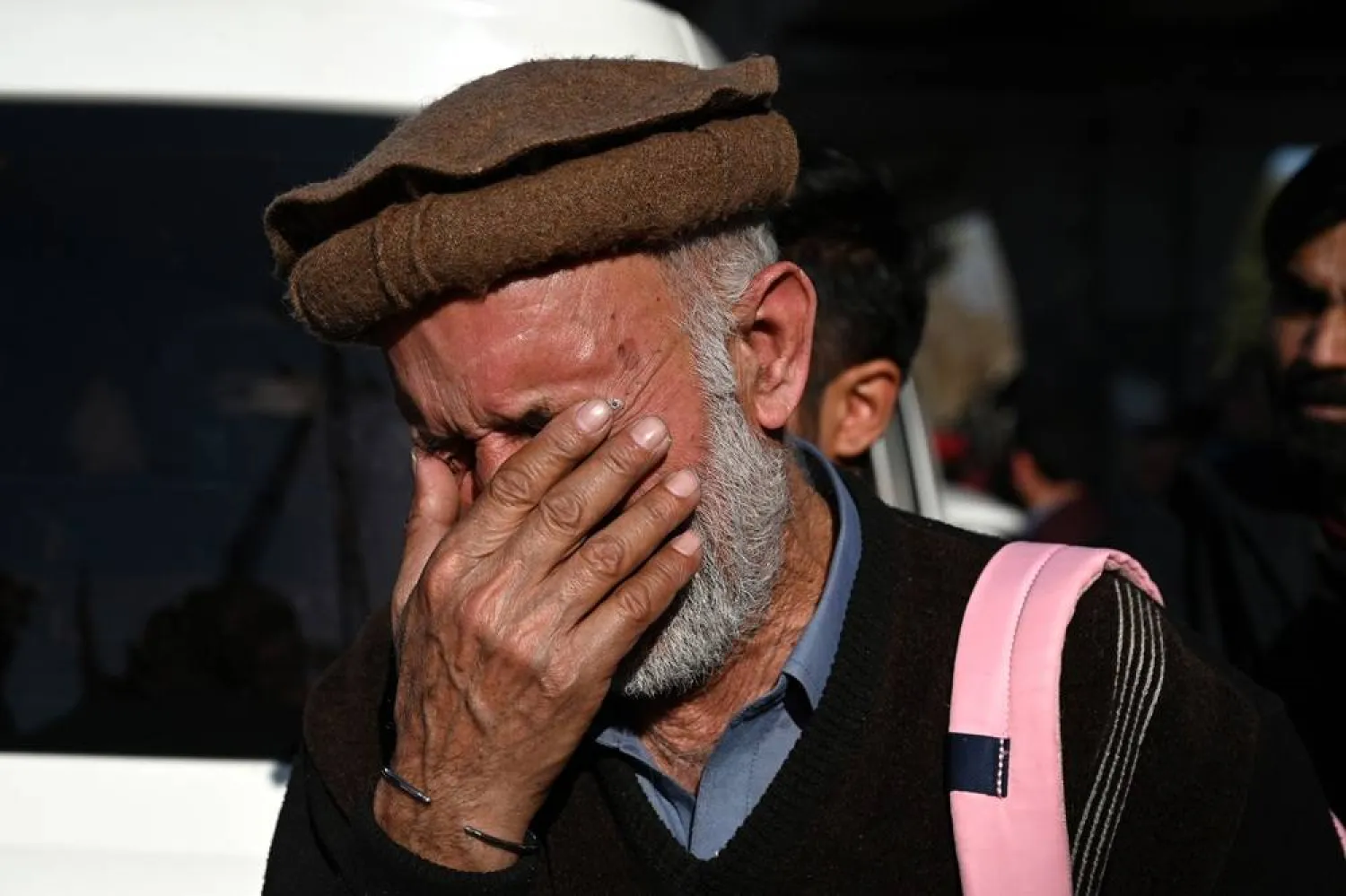Saudi Arabia announced new economic support of $1.2 billion allocated to cover Yemen’s budget deficit, salaries, wages, and operating expenses and to guarantee the country’s food security.
Saudi Ambassador to Yemen Mohammed Al Jaber affirmed that there are many opportunities to achieve peace in Yemen, indicating that the initiative is a positive sign to all Yemenis of the continued Saudi support for the local economy.
Al Jaber signed the agreement with the Yemeni Minister of Finance, Salem bin Brik.
Speaking to reporters after signing the agreement, the ambassador asserted that the new aid is part of Saudi initiatives to support peace in Yemen.
He asserted that the Saudi government has taken different steps to support peace in Yemen.
"We are today signing this agreement to help the Yemeni government, also to help all Yemenis and all Yemeni governorates. Also, that will help keep the de-escalation between all Yemeni parties inside Yemen. We will continue to speak to the Houthis and the government to bring peace and stability to Yemen," said the ambassador.
The diplomat pointed out that the Presidential Leadership Council plays a significant role in preserving state institutions, maintaining calm, and reaching a comprehensive political solution.
Al Jaber indicated that the new allocations would support the food security of the Yemeni people, enable the central bank to finance imports, allow the government to pay wages, and provide oil derivatives.
"This is a support for all Yemeni people in all governorates without exception," he asserted.
Asharq Al-Awsat asked the ambassador about the installments of the new aid. He explained that the first payment would be transferred to the government's account on Wednesday, stressing that this support would include the economic reform program and institution-building.
He noted that this support is added to the previous deposit of $1 billion, the $3 billion that preceded it, and $4.3 billion to support oil derivatives.
The Saudi Development and Reconstruction Program for Yemen (SDRPY) has over 229 projects and initiatives operations in Yemen, and the King Salman Humanitarian Aid and Relief Center (KSrelief) has various projects to support the Yemeni people.
The Yemeni Minister thanked the Custodian of the Two Holy Mosques, the Crown Prince, and the Saudi people for the support, noting that it will help alleviate the dire economic and humanitarian situation.
He noted that the general budget lost about 65 percent of its revenues after the Houthi militia targeted oil export facilities.
Bin Brik stressed that the Saudi aid would relieve the Yemeni economy, indicating that a large portion of the new support would be allocated for salaries, necessities, and food security.
Central Bank Governor Ahmed al-Mabaqi said that the provision of support would lead to the stability of the Yemeni currency.
Mabaqi pointed out that the support will enhance the course of reforms and Yemen's ability to implement deep reforms in various aspects of the economy.
He noted that it would help institutional building and incentivize Yemeni institutions to proceed with reforms.
The governor indicated that this support would be in installments and largely compensate for the government's loss of oil resources after the Houthi militias stopped the exports.
Previous Saudi deposits increased the foreign exchange reserves in the Central Bank from $900 million in 2017 to $2.5 billion in 2018.
Total food imports increased 17 percent in 2019 compared to 2018, and the exchange rates dropped 25 percent in 2018.









